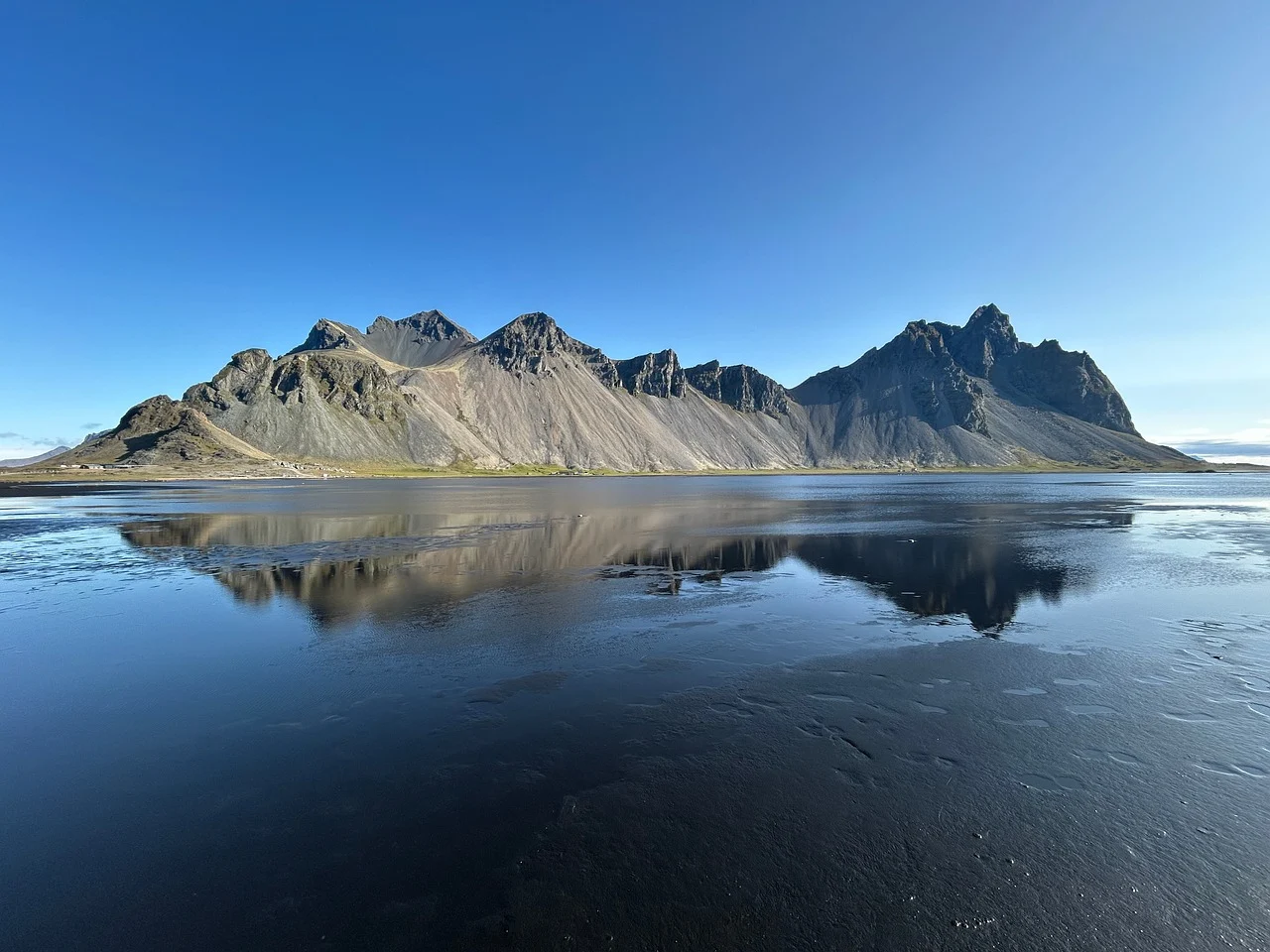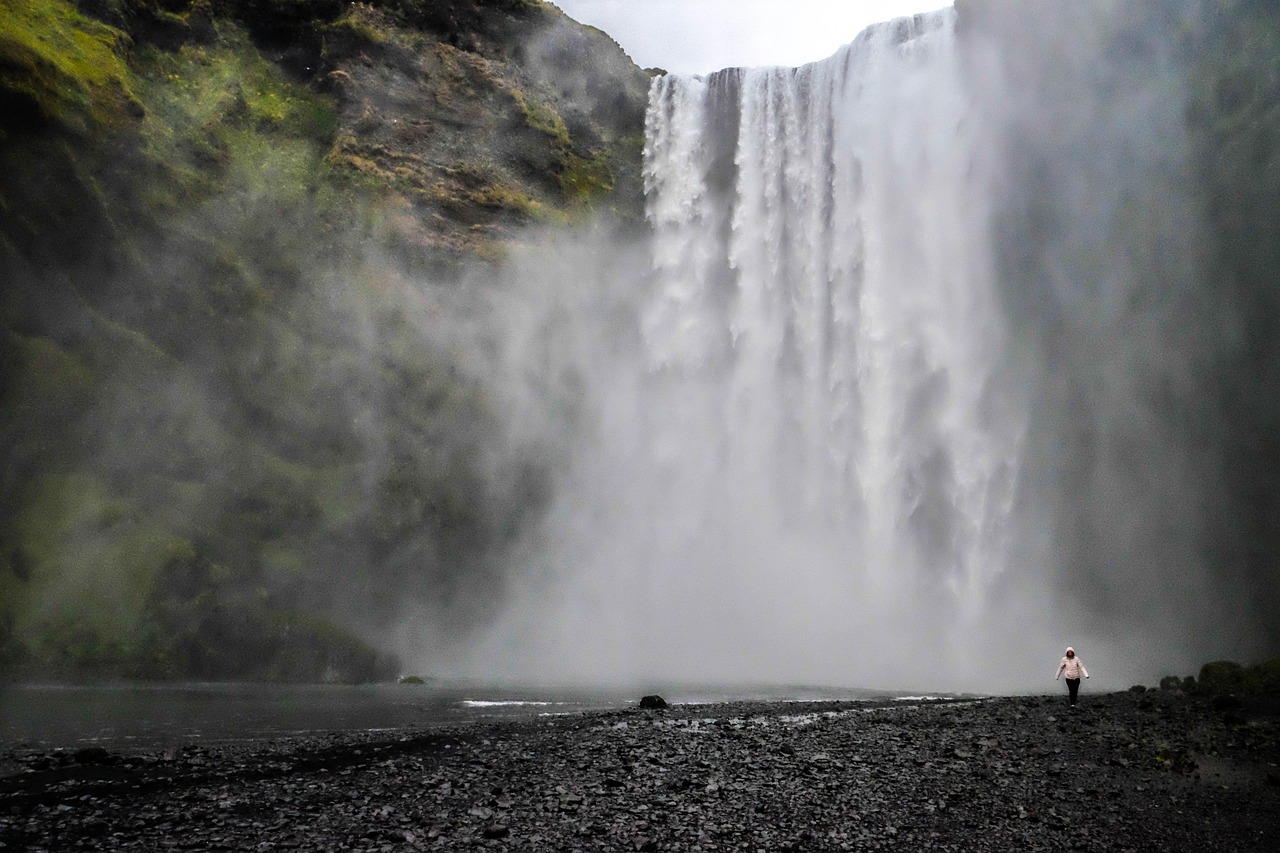Eco-Travel in Iceland: A Land of Fire and Ice
Sustainable travel insights and guidance
📅 March 15, 2024
⏱️ 8 min read
🏷️ Eco Destinations
Iceland stands as a global leader in renewable energy and sustainable tourism, with nearly 100% of its electricity generated from renewable sources. This Nordic island nation offers travelers an opportunity to experience pristine natural environments while learning about innovative approaches to sustainability and environmental protection.
🌿 Iceland's Renewable Energy Leadership
Iceland generates nearly 100% of its electricity from renewable sources, primarily geothermal and hydroelectric power. The country's commitment to renewable energy and environmental protection makes it a model for sustainable development worldwide.
 Iceland
Iceland
🌍 Natural Wonders and Protected Areas
Iceland's unique geology and pristine natural environments offer diverse ecosystems and wildlife viewing opportunities for eco-tourists.
Vatnajökull National Park: Home to Europe's largest glacier and diverse volcanic landscapes, offering unique geological experiences.
Þingvellir National Park: A UNESCO World Heritage site where the North American and Eurasian tectonic plates meet.
Snæfellsjökull National Park: A mystical park featuring a glacier-capped volcano and diverse coastal ecosystems.
Westfjords: Remote and pristine region offering unique wildlife viewing and untouched natural landscapes.
🏨 Eco-Lodges and Sustainable Accommodations
Iceland offers world-class eco-lodges and sustainable accommodations that combine luxury with environmental responsibility.
Geothermal Hotels: Stay in hotels powered by geothermal energy and featuring sustainable design.
Eco Retreats: Experience eco-lodges that use renewable energy and sustainable materials.
Farm Stays: Experience sustainable agriculture and rural life through farm stay accommodations.
Wilderness Lodges: Stay in remote wilderness lodges that offer unique access to pristine natural areas.
🐧 Wildlife Conservation and Viewing
Iceland's unique wildlife and conservation efforts make it a world-class destination for wildlife viewing and conservation education.
Puffin Watching: Experience responsible puffin viewing at breeding colonies around Iceland's coast.
Whale Watching: Join responsible whale watching tours that support marine conservation efforts.
Bird Watching: Iceland is home to many unique bird species, including the iconic puffin and arctic tern.
Conservation Volunteering: Participate in conservation volunteer programs that support wildlife protection.
🌱 Sustainable Tourism Practices
Iceland's tourism industry follows strict sustainability standards and best practices for environmental protection.
Vakinn Certification: Look for Vakinn certified businesses that meet Iceland's sustainability standards.
Local Sourcing: Choose businesses that source locally and support local communities.
Waste Reduction: Support businesses that minimize waste and use sustainable packaging and practices.
Environmental Education: Participate in educational programs that teach about conservation and sustainability.
 Iceland
Iceland
🌿 Adventure Activities
Iceland offers a wide range of adventure activities that are conducted in an environmentally responsible manner.
Glacier Hiking: Explore Iceland's glaciers with guided tours that emphasize safety and environmental protection.
Hot Spring Tours: Experience Iceland's geothermal hot springs while learning about renewable energy.
Northern Lights Viewing: Witness the aurora borealis while learning about solar activity and space weather.
Volcano Tours: Explore Iceland's volcanic landscapes while learning about geology and natural processes.
🌍 Climate and Best Times to Visit
Iceland's subarctic climate offers unique opportunities for sustainable travel throughout the year.
Summer (June-August): Best weather for outdoor activities and wildlife viewing, with 24-hour daylight in some areas.
Autumn (September-November): Beautiful fall colors and fewer crowds, with mild weather for outdoor activities.
Winter (December-February): Northern lights viewing and unique winter landscapes, with shorter daylight hours.
Spring (March-May): Migrating bird season and unique spring wildlife viewing opportunities.
💰 Planning Your Iceland Eco-Tourism Trip
Careful planning ensures you make the most of your Iceland eco-tourism experience while supporting sustainability.
Itinerary Planning: Plan your itinerary to minimize travel between destinations and maximize time in nature.
Accommodation Selection: Choose certified eco-lodges and sustainable accommodations for your stay.
Tour Selection: Select tours and activities that support conservation and local communities.
Transportation: Use public transportation, cycling, or walking when possible to minimize your carbon footprint.
🌱 Supporting Conservation Efforts
Your visit to Iceland can directly support conservation efforts and local communities through responsible tourism practices.
Conservation Donations: Support conservation organizations and national parks through donations and entrance fees.
Local Community Support: Choose locally-owned businesses and community-based tourism initiatives.
Volunteer Opportunities: Participate in volunteer programs that support conservation and community development.
Educational Programs: Participate in educational programs that teach about conservation and sustainability.
🌍 The Future of Sustainable Travel in Iceland
Iceland's commitment to sustainable tourism demonstrates how environmental protection and economic development can work together to create tourism that benefits both visitors and local communities. As the country continues to lead in renewable energy and sustainability, it offers an inspiring example for other destinations worldwide.
Key Benefits:
- Renewable Energy: Experience a society powered by clean, renewable energy
- Conservation Impact: Direct support for wildlife conservation and habitat protection
- Community Benefits: Economic benefits for local communities through sustainable tourism
- Educational Value: Opportunities to learn about conservation and sustainability
- Unique Experiences: Access to pristine natural areas and diverse wildlife
Remember: Sustainable travel in Iceland is about more than just visiting beautiful places—it's about supporting conservation efforts, learning about sustainability, and contributing to a model of tourism that protects the environment while benefiting local communities. Every visit is an opportunity to support this remarkable conservation success story.
 Iceland
Iceland Iceland
Iceland